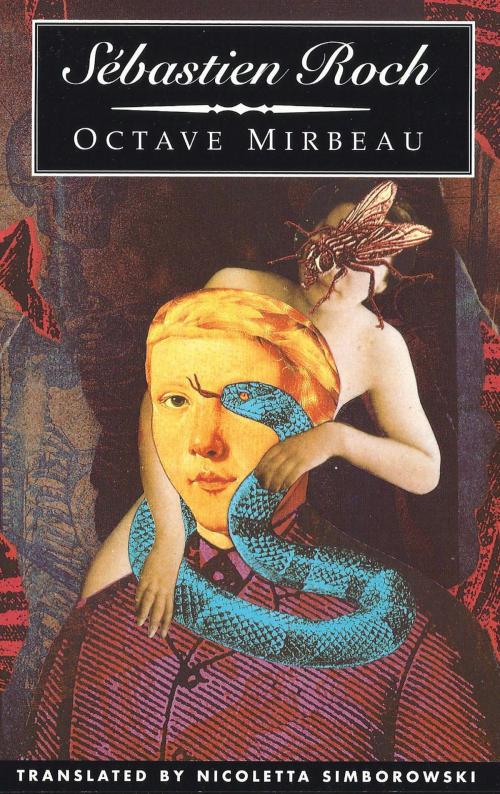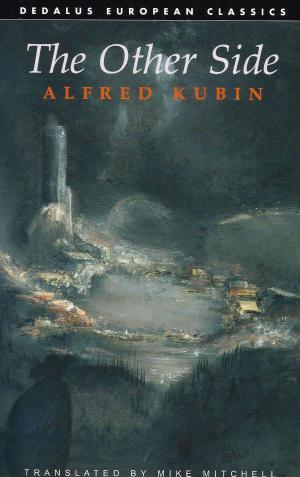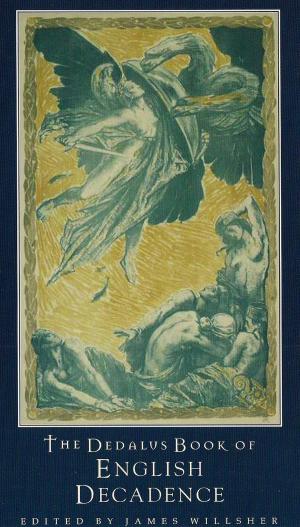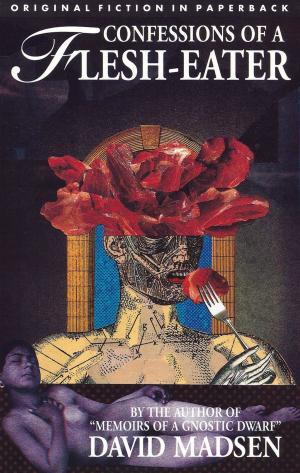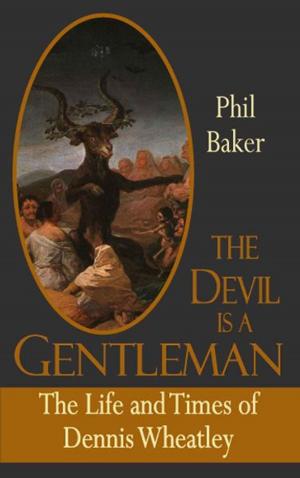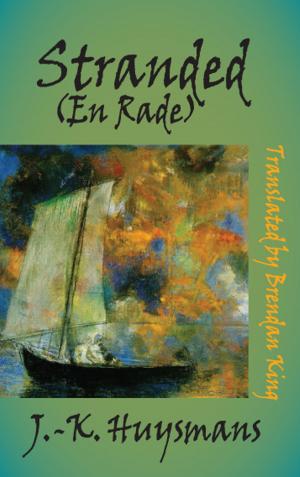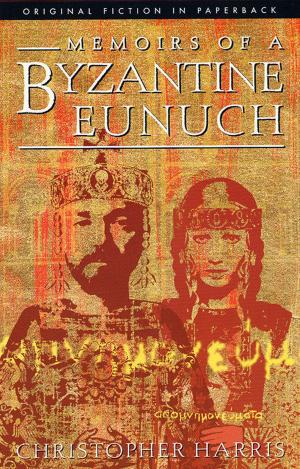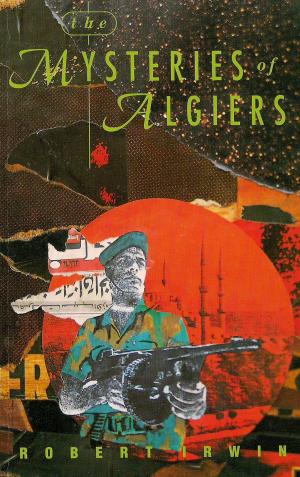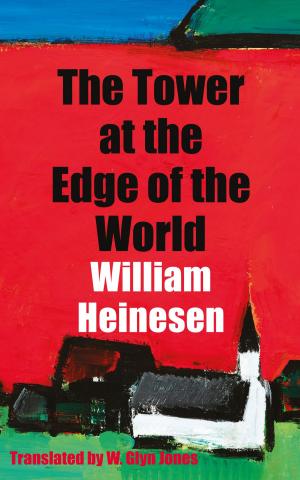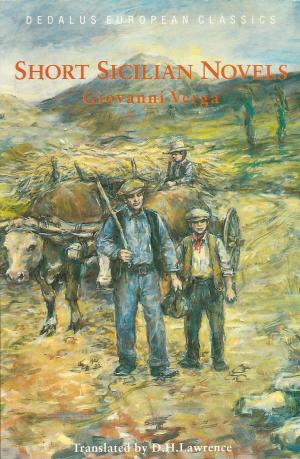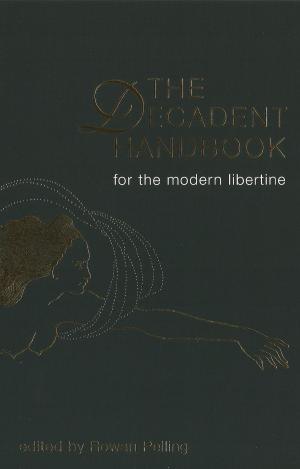| Author: | Octave Mirbeau | ISBN: | 9781909232549 |
| Publisher: | Dedalus Ebooks | Publication: | January 5, 2010 |
| Imprint: | Dedalus Ebooks | Language: | English |
| Author: | Octave Mirbeau |
| ISBN: | 9781909232549 |
| Publisher: | Dedalus Ebooks |
| Publication: | January 5, 2010 |
| Imprint: | Dedalus Ebooks |
| Language: | English |
'In the catalogue of novels about lives distorted by unhappy schooldays, Mirbeau's contribution must be one of the bitterest. He follows the young, carefree Sebastien from a small French town to the bleak Breton coast. There the Jesuit fathers, in whom his snobbish father has placed so much trust,heap misery upon misery. The ironmonger's son is mocked by France's adolescent aristocracy and turns for comfort to the perfidious priests. An angry novel, but poignant through Mirbeau's descriptions of landscape to which his hero sensitively responds. But the age allows no redemption for Roch except oblivion.' Isobel Montgomery in The Guardian 'The tale is a semi-autobiographical portrait of a boy's coming of age in provincial France against a Belle Epoque backdrop. From serene impressionism to violent pornographic excesses, the bones of Mirbeau's life makes for a moving novel.' Alex O'Connell in The Times 'It is a novel that combines anger and lyricism, the raw beauty of the landscape in sharp contrast to the ugliness of real life.' Tariq Ali in The Financial Times
'In the catalogue of novels about lives distorted by unhappy schooldays, Mirbeau's contribution must be one of the bitterest. He follows the young, carefree Sebastien from a small French town to the bleak Breton coast. There the Jesuit fathers, in whom his snobbish father has placed so much trust,heap misery upon misery. The ironmonger's son is mocked by France's adolescent aristocracy and turns for comfort to the perfidious priests. An angry novel, but poignant through Mirbeau's descriptions of landscape to which his hero sensitively responds. But the age allows no redemption for Roch except oblivion.' Isobel Montgomery in The Guardian 'The tale is a semi-autobiographical portrait of a boy's coming of age in provincial France against a Belle Epoque backdrop. From serene impressionism to violent pornographic excesses, the bones of Mirbeau's life makes for a moving novel.' Alex O'Connell in The Times 'It is a novel that combines anger and lyricism, the raw beauty of the landscape in sharp contrast to the ugliness of real life.' Tariq Ali in The Financial Times
